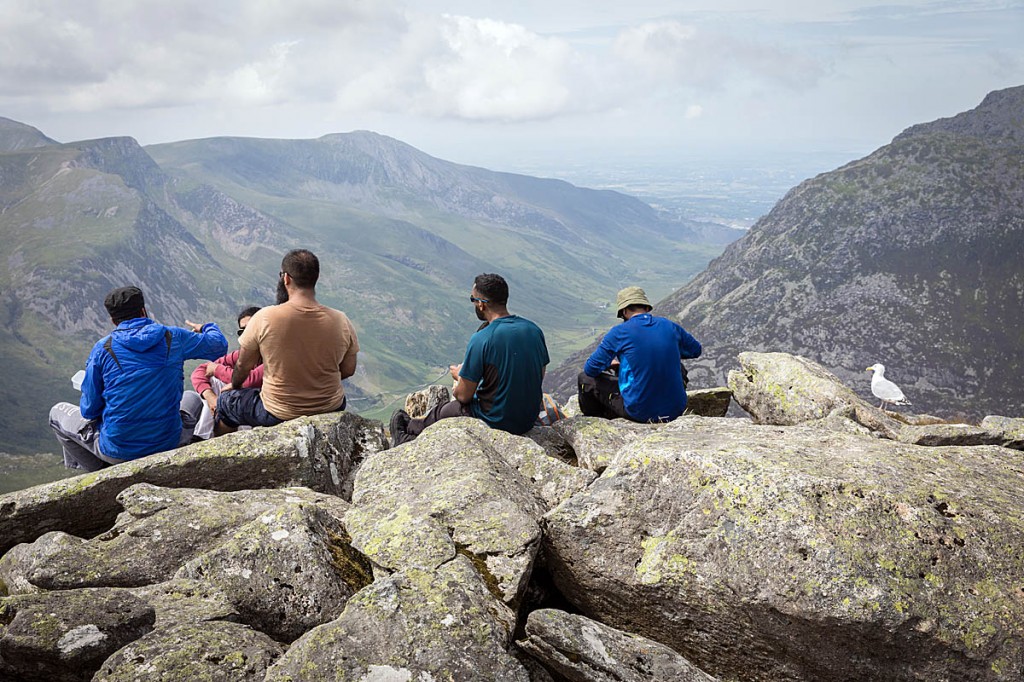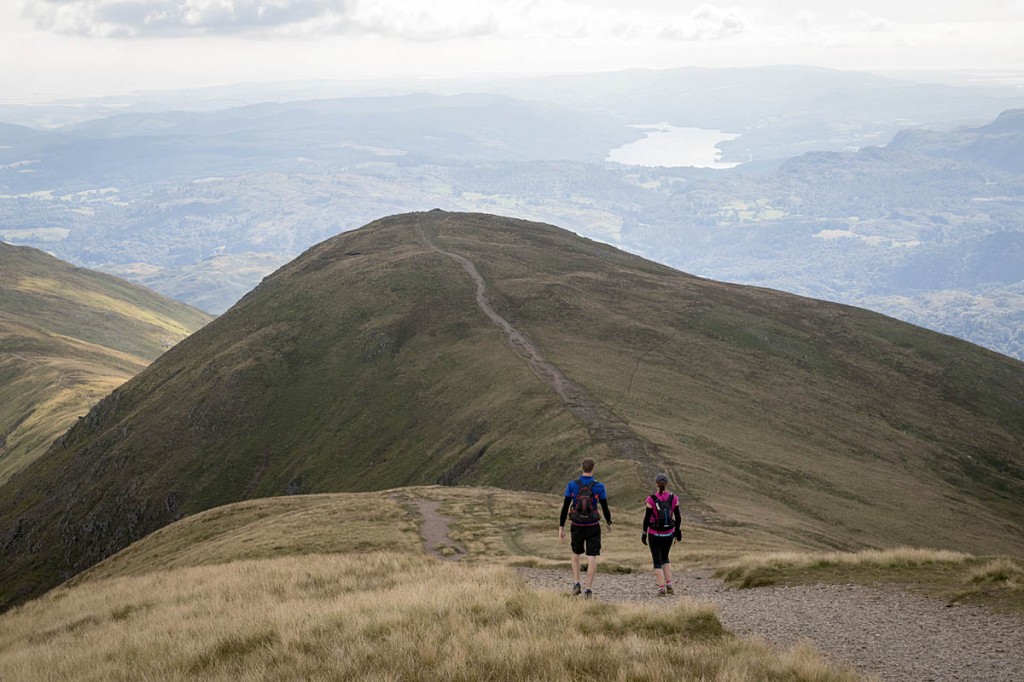A group of eight outdoors and adventure bodies said they need to work to improve the diversity of people taking part in activities.
A survey revealed a good balance of genders involved in walking in non-mountainous terrain, but outdoor climbing and mountaineering has more male participants than female.
The Your Movement Matters report from researchers at Leeds Beckett University also said people from Black, Asian and ethnic minority heritages were more likely to walk for leisure in an urban setting – 81 per cent – than all respondents – 76 per cent – but less likely to walk in the hills: 63 per cent compared to 73 per cent.
Those urban leisure walkers were younger than the overall averages, with almost half being under the age of 34. The report said this indicates there is a growing number of individuals whose enthusiasm to explore should be supported and championed by the wider outdoor sector and other organisations, such as the research funders, to sustain a lifetime of participation in walking activities.
The survey was undertaken at the behest of Mountain Training, the awarding body for qualifications in walking, climbing and mountaineering. It was funded by the Association of British Climbing Walls, the British Mountaineering Council, the Camping and Caravanning Club, the National Indoor Climbing Award Schemes, Mountain Training, the Outdoor Industries Association, Plas y Brenin and Ramblers in an effort to understand current participation in activities as well as the key barriers and enablers.
The university was commissioned to undertake research into the demographics of participation in all levels of activity, from urban walking or indoor climbing to overseas mountaineering. It was conducted with a sample of more than 4,700 people living in the UK, to measure the true state of participation by different communities to help inform and shape the group’s collective approach to improving diversity.
It found an overwhelming majority of people who participate in walking, climbing and mountaineering activities recognise the positive benefit that it has on their mental health (71 per cent of indoor climbers). Spending time in nature was also highlighted as a huge motivation (94 per cent of walkers). It said, when this knowledge is combined with the extensive existing research that demonstrates the physical and mental health benefits of outdoor activity, it is clear that people who feel unable to take part in these activities are being deprived not just of the activities, but of the many benefits they enable.
Survey respondents identified several barriers preventing activities in the sector from being as diverse as they could be, including a lack of representation and role models, the cost of taking part and a lack of transportation and access to facilities and environments.
The various organisations pledged to improve the diversity of people in them and in the imagery used to promote walking, climbing and camping.
They also said they would gain a greater insight from the experiences of those who are under-represented, develop collaborative relationships with community groups and individuals who can help effect change and improve ways for people to access walking, climbing and camping. They also said they would hold themselves accountable for their actions and setting targets to improve equity, diversity and inclusion.
John Cousins, chief executive of Mountain Training, said: “This research has not only highlighted areas where we do well, it also highlights challenges for us to address.
“It has provided the activity-specific data we need to focus our energies as we strive to make walking, climbing and camping as diverse and welcoming as possible. The report findings will inform how we, both as a group and as individual organisations, approach strategies and initiatives to remove barriers and most of all, make these great activities accessible to everyone.
“No one should feel unwelcome to participate in walking, climbing or camping activities.
“It is clear that as a group of enthusiasts and leaders, we currently have limited connections to grassroots groups from underrepresented communities and we must do more to address this across every element of our organisations and in everything we do.”
The survey was conducted between 28 April and 8 June 2021. More details are available on the Leeds Beckett University site.
- Bob Smith is a qualified Mountain Leader Award and Hill and Moorland Leader, administered by Mountain Training. He is also a member of the Outdoor Industries Association.


Matt Dalby
27 January 2022If a lot of people who participated in the study identified cost/lack of public transport as barriers to taking part in outdoor activities this shows that income is the main barrier, not ethnicity. Organisations wanting to increase participation in outdoor activities need to understand the real reasons why certain sectors of the community (almost certainly including socially disadvantaged white youth) are unable to participate, instead of just trying to be politically correct by focusing on race.
The survey would've been of greater value if it compared ethnic minorities to white people from similar socio-economic backgrounds as it's an unfortunate fact that people of non European heritage are more likely to be in the lower socio-economic groups.
Ian512
28 January 2022"Outdoor and adventure bodies pledge to work to increase diversity." - or is that, 'work to increase their participants.'